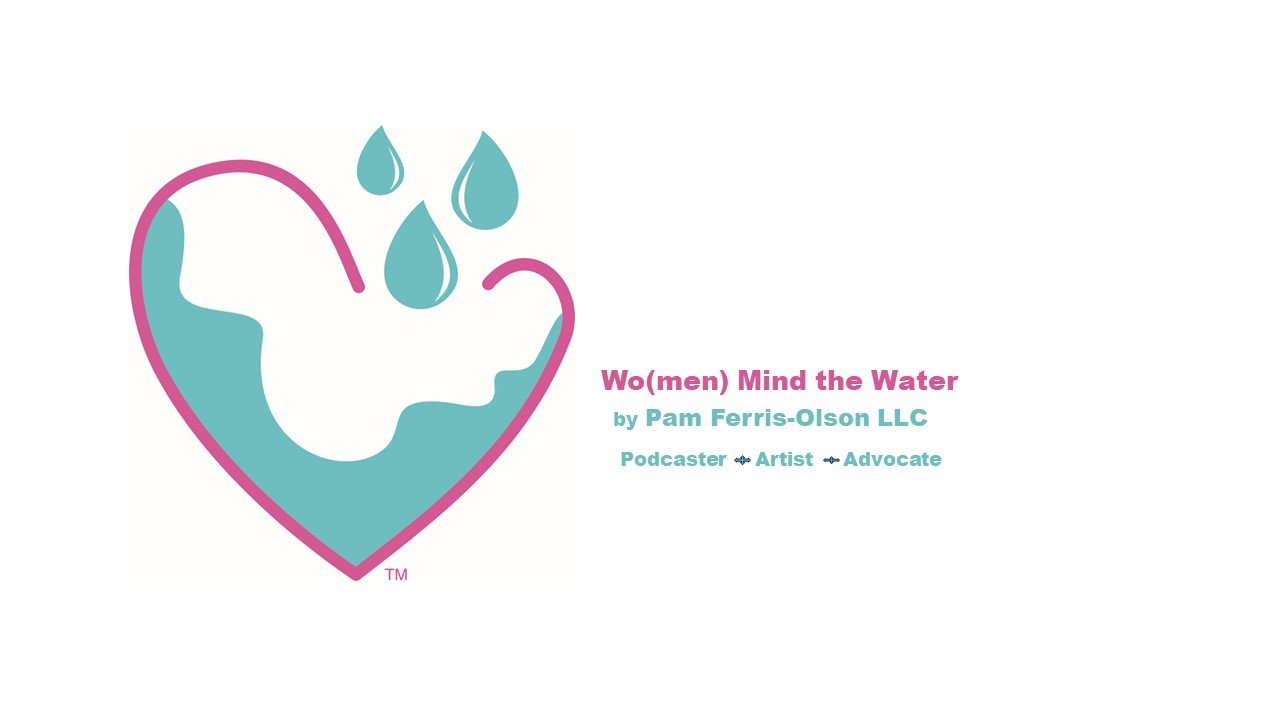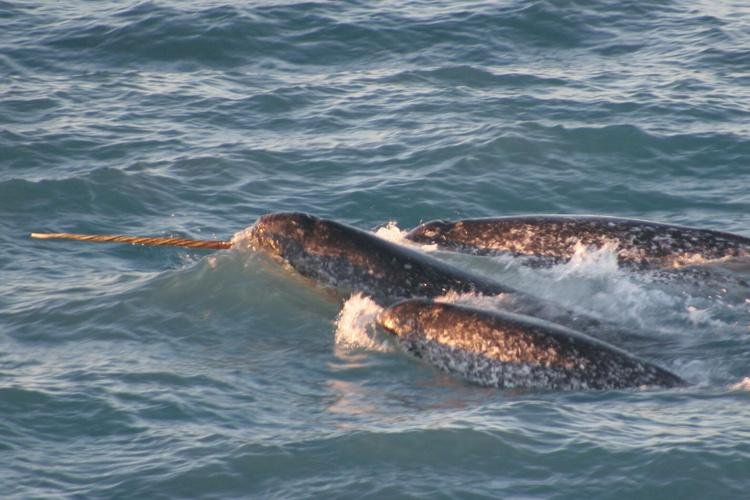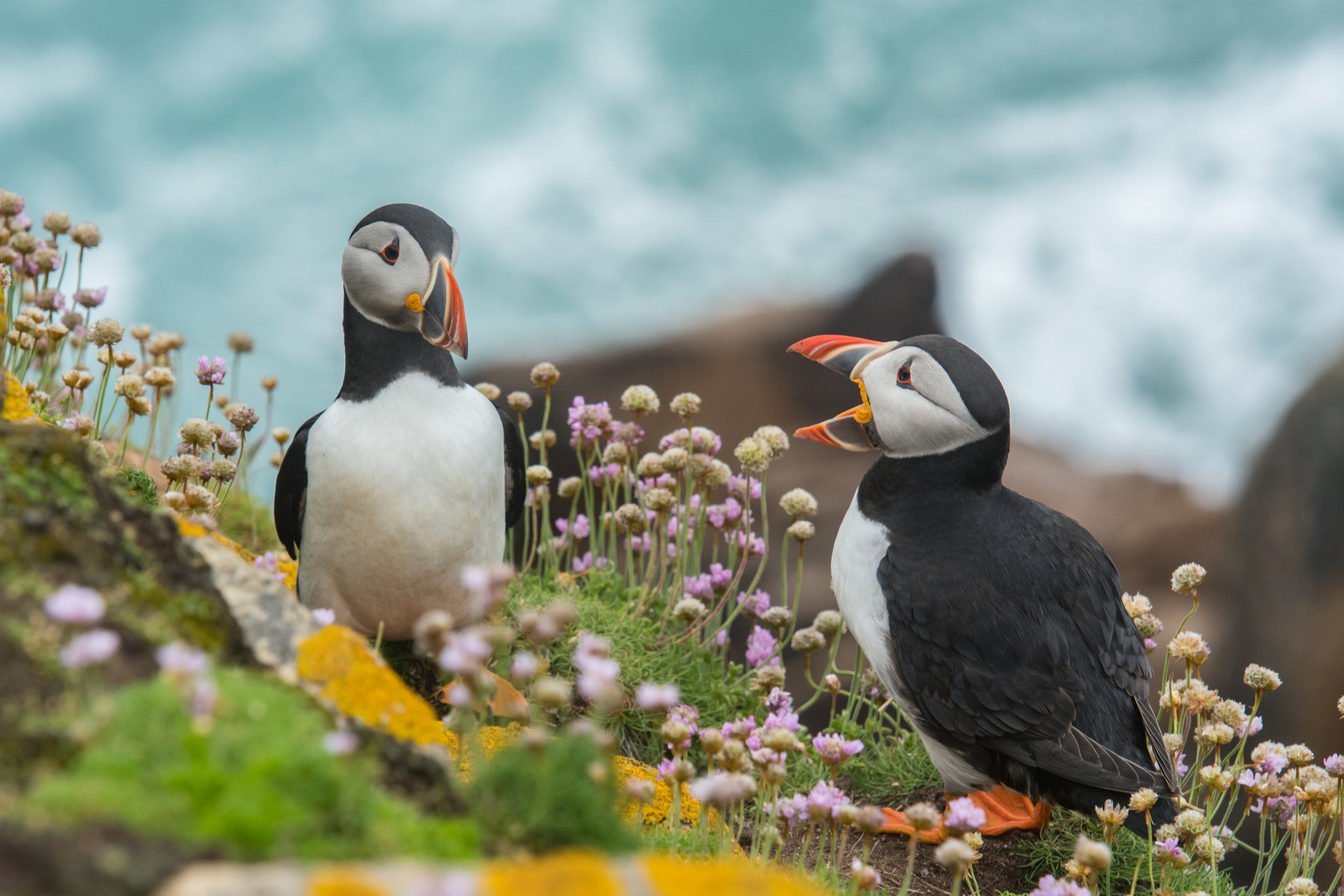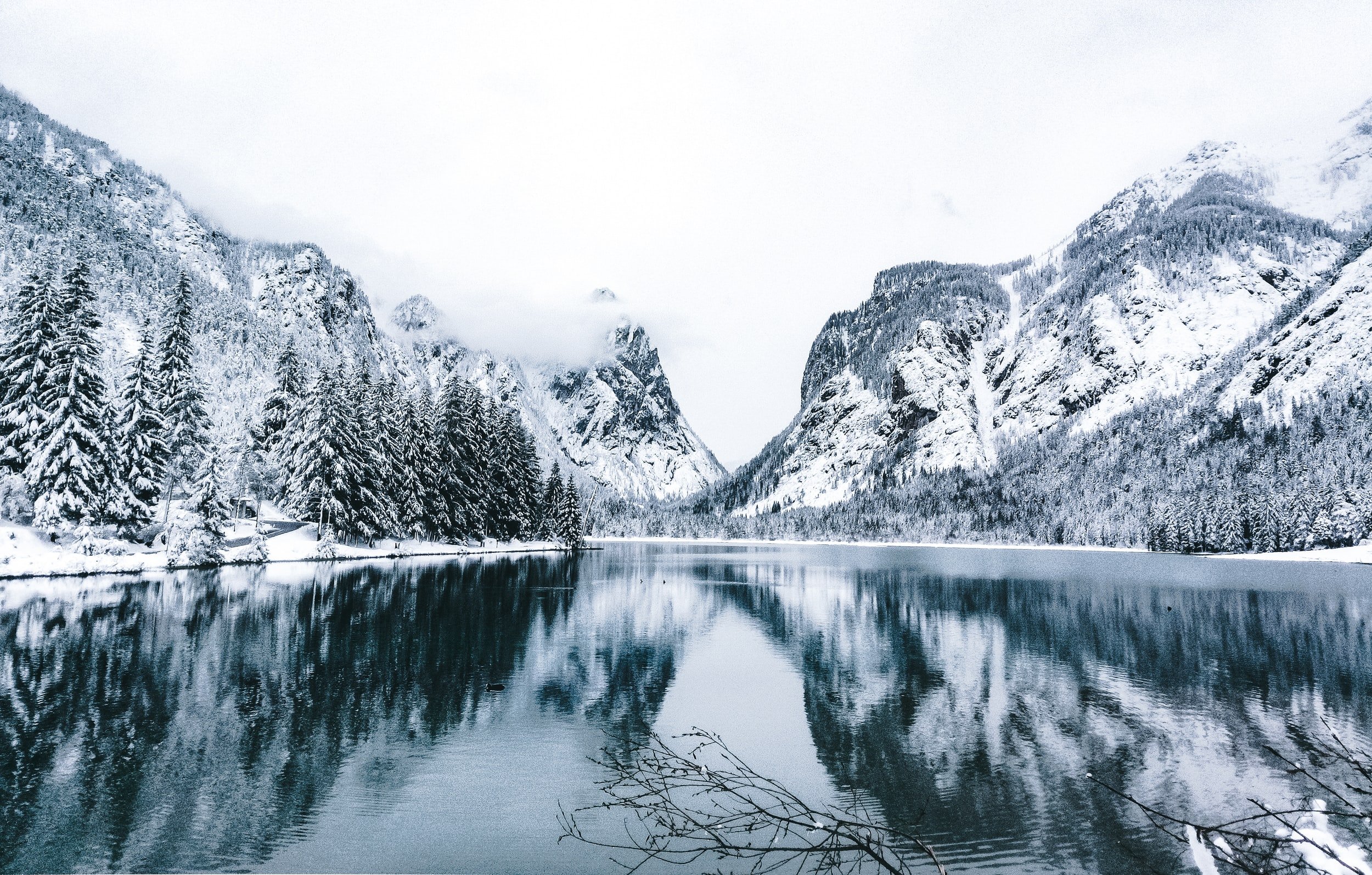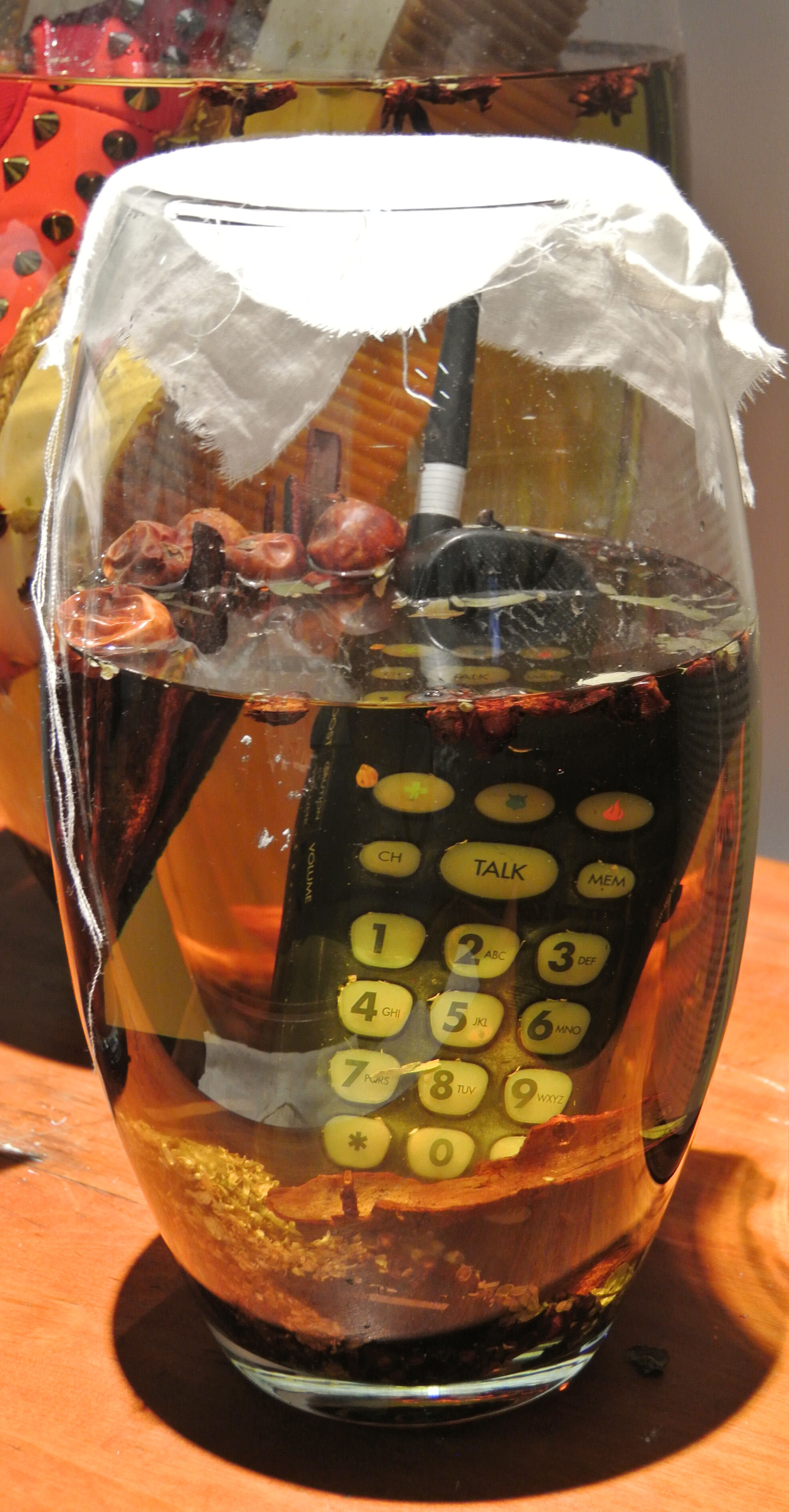
News and Updates
This section features stories that highlight how remarkable yet fragile the ocean is. It also speaks to the connection between humans and the ocean and our responsibility to protect it.
Stories, unless otherwise noted, are written by Pam Ferris-Olson, PhD. Pam has studied ocean creatures, worked in communication, and, as founder of Women Mind the Water, focuses on the relationship between humans and water. Her Wo(men) Mind the Water Artivist Series explores the work of artivists (artists +activists) and their impact in influencing change.
Women Mind the Water, An Update for August
Our next podcast will be our 50th! We are grateful to all our past guests for their participation. It’s funny to look back to those earliest podcast. I was so nervous. That has changed. I have mostly overcome my nerves. I look forward to talking our amazing guests. I feel extraordinarily lucky to have the chance to speak to people across the globe, involved in so many extraordinary practices.
Shark finning, a global problem even in U.S.
Many shark species are facing extinction as a result of overfishing. While sharks are commercially fished for their meat and other body parts including their fins, the latter bring in the highest values per pound. Even in countries where finning is illegal the practice continues as evidenced by recent criminal indictments made in Florida.
Maine’s Seals Dying from Bird Flu
The influenza strain known as Eurasian H5N1 has been causing outbreaks across Europe, Asia, Africa and the Middle East. It appears to have arrived in North America late in 2021. This strain of avian flu has been identified globally in more than 100 different species of wild birds. The identification of the influenza in the United States is alarming for a number of reasons. This bird flu can spread quickly along migratory bird routes and has the potential to contaminate birds raised on commercial poultry farms. The virus also has been found to infect wild mammals such as foxes, skunks and raccoons. In July 2022, stranded seals along Maine’s coast have tested positive for the virus.
Sharks Matter, Here’s Why
Sharks are both loved and maligned creatures of the deep. For those who fear the toothy, cartilaginous fish, efforts to eliminate the sharks might be the best solution. These people may be unaware that sharks play an important role in maintaining a healthy marine ecosystem. Today, as the result of human interventions, many shark species face the threat of extinction. Sharks are one of the most threatened groups of vertebrate animals. About a third of all know sharks species are considered threatened with extinction. The biggest threat facing sharks and their relatives is unsustainable overfishing.
Ghost gear- A marine problem with wide ranging impacts
Ghost gear is a global problem that is estimated to kill between 5-30 percent of harvestable fish stocks as well as incidentally harming or killing all manner of marine life including whales, seals and sea turtles. An estimated 600,000+ tons of fishing gear annually is lost as a result of inclement weather; entanglement with other gear, debris, underwater obstacles; or purposely discarded. The modern phenomenon of long-lived ghost gear remains a hazard for centuries because it is made of forever plastics. It impacts marine life, navigation, and fishing operations as well as the health and economic well-being of humans.
Why Save the Whales?
Whales play a vital role in the well-being of the planet. They contribute to the production of oxygen we breathe, sequestration of carbon that otherwise would increase the rate of global warming, awareness of the state of the ocean’s health, and the economy of many coastal communities worldwide.
